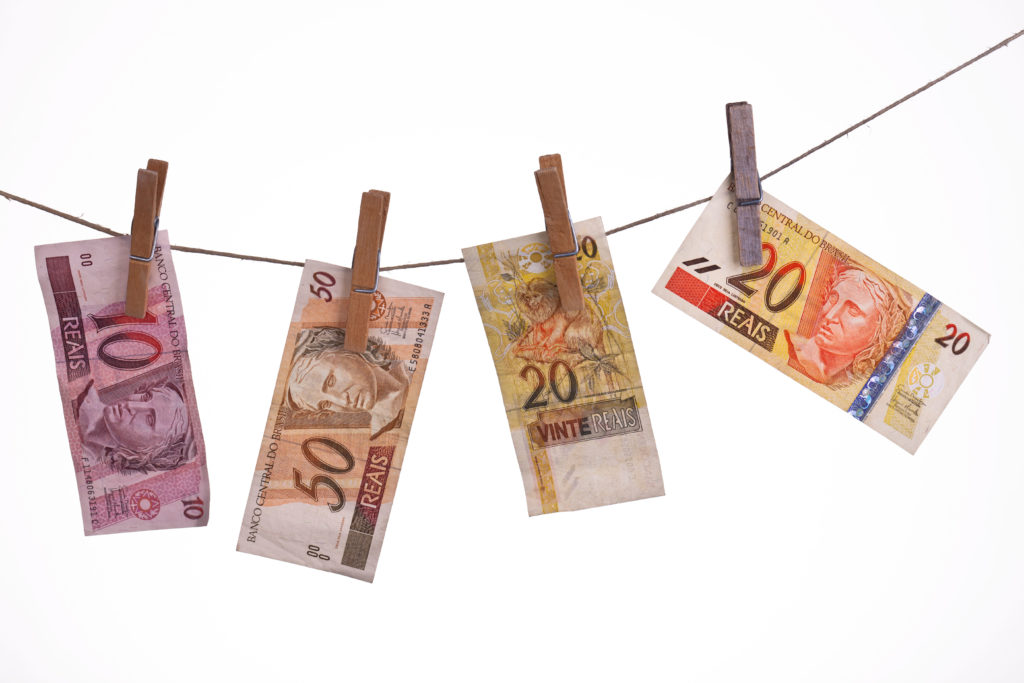By Richard Mann, Contributing Reporter
RIO DE JANEIRO, BRAZIL – On Tuesday May 28th, in yet another stage of Operation Lava Jato in Rio de Janeiro, the Federal Police (PF) arrested a manager of Brazilian banking giant Bradesco. Another bank manager and a parallel currency dealer have not been located.

Tânia Maria Aragão de Souza Fonseca was arrested at home in Barra da Tijuca, West Zone of Rio, and taken to the Federal Police Headquarters in Praça Mauá.
The Federal Public Prosecutor’s Office states that the scheme laundered R$989.6 (US$247) million through the banking system.
The task force is investigating whether bank managers have helped launder money from the parallel currency dealer gang exposed in Operation ‘Câmbio, Desligo’, nearly a year ago.
Arrests were ordered by Judge Marcelo Bretas, who also issued search and seizure warrants at addresses linked to the suspects.
In a note, Bradesco stated it was at the disposal of the authorities.
“Bradesco learned about the police operation involving two employees, fromthe press this morning. Once officially available, the information will be investigated internally,” it reads.
“As always, Bradesco is available to the authorities for full cooperation and enlightenment regarding the investigations being conducted.”
“Finally, Bradesco reiterates that it strictly complies with the ethical conduct and management rules in effect for its operations”.
Begun in June 2018, Operation ‘Câmbio, Desligo’ arrested 30 people in four states.
According to police, 3,000 offshore companies in 52 countries handled US$1.6 billion.
Companies based in tax havens are often used to conceal the true owner of funds deposited in accounts.
The suspects were part of a system called Bank Drop, in which parallel currency dealers send funds abroad through illegal wire transfers.
There are exchange transaction involving deposits in accounts in different countries, but the money is not traceable by the Central Bank: parallel currency dealers collect in Brazil and pay into accounts abroad. Since there is no remittance, much less any record of the transactions, the funds escape the tax authorities’ radar.

